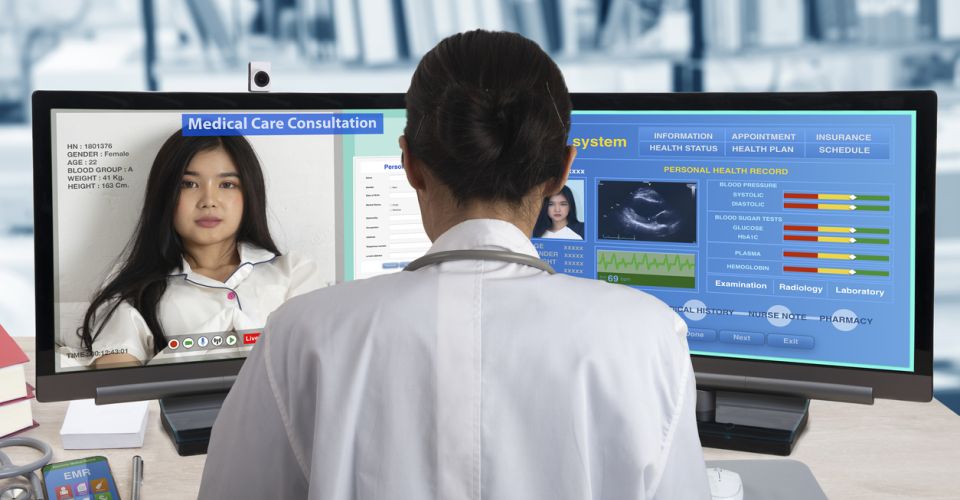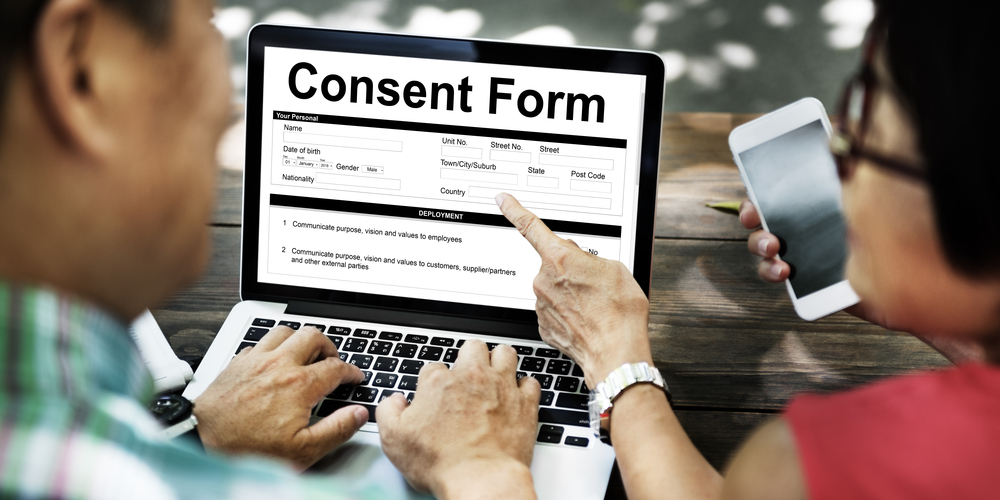Why high-quality translations are essential for eCOA

This means in turn that the technology to support eCOA is growing exponentially. But like their paper predecessors, each eCOA requires good communication to collect clinical outcomes from diverse patient groups. In this article, we consider the importance of language in eCOA.
Considering language in eCOA
Language and translation are important considerations when developing eCOAs. For example, many companies have printed clinical outcome assessments that they wish to convert into an eCOA. However, converting analogue COA to eCOA in multiple languages isn’t a straightforward task. That’s because the language and processes used in a printed COA can be different from an eCOA.
Take instructions; your printed COA may include phrases such as ‘circle your answer’. This phrase needs replacing with language that accurately describes the different actions required on an app, website or wearable device.
The same is true of processes, which need to be set up to ensure your eCOA text is efficiently transferred between a client’s source file and the translation company’s software. Throughout the whole process, the need for quality assurance is critical.
Why eCOA translations are essential
Let’s now look at translation. After all, it plays a crucial role in electronic eCOA to ensure accurate and reliable data collection across different languages and cultures. Here are four key reasons why translation is important in eCOAs:
- Linguistic equivalence:Translating eCOA materials needs to maintain the meaning and intent of the original content
- Cultural adaptation:Translating eCOA materials must ensure the content is culturally appropriate and relevant to the target population.
- Greater diversity:Translation will play a vital role to enable participation from a broader representation of the target population.
- Regulatory compliance:Many regulatory bodies require that eCOA materials be translated into local languages so translation ensures compliance and facilitates regulatory submissions in different countries.
How should you select the right company for your eCOA translations?

When selecting a translation company for your eCOA materials, it’s important to consider the following key factors. First, choose a company with life sciences translators who are experts in clinical terminology. To do this, ask about eCOA translations that have already been carried out. It’s also a good idea to find out about their quality assurance processes to ensure accuracy and consistency. In doing so will they work with your processes or be rigid in insisting you work with theirs?
You’ll also want to check their compliance with regulatory standards in different countries. Technology will also be on your list. For example, what translation memory tools do they employ to improve the timeliness and accuracy of translations? At Conversis, an IQVIA business, we also advise checking about flexibility. Will your translation partner be helpful in accepting your source file formats?
The emergence of eCOA revolutionizes data collection in healthcare and clinical research. But it’s vital that the adoption of new technologies doesn’t obscure the importance of language. High-quality translations of your eCOA instructions will mean messages are understood, well-received and correctly acted upon.
Whether you need content translated for a legacy COA or need to translate an eCOA from scratch, get in touch and we’ll be happy to advise.



